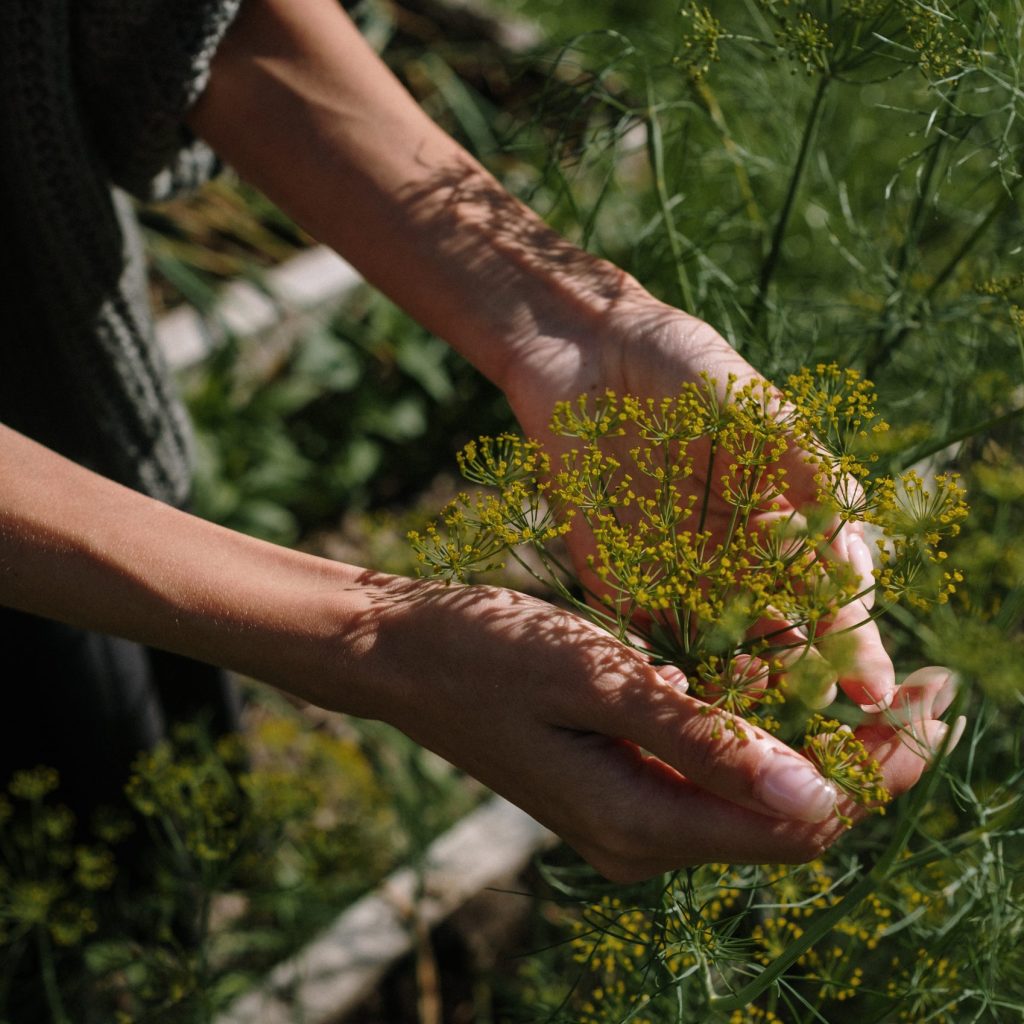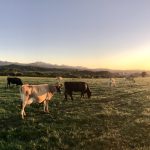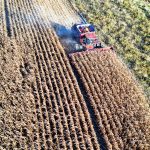WWF-Pakistan, in collaboration with Laudes Foundation‘s catalytic funding, has unveiled the Regenerative Production Landscape Collaborative (RPLC) Pakistan. This groundbreaking initiative aims to revolutionize business models and agricultural methods, comprehensively tackling the challenges confronting smallholder farmers while mitigating environmental degradation caused by unsustainable practices.
Endorsed by leading textile and food brands, RPLC Pakistan will be rolled out across selected districts in Punjab and Balochistan, namely Jhang, Sahiwal, Barkhan, and Lasbela. Drawing inspiration from successful implementations in India, Brazil, and Tanzania, this initiative presents a tangible solution for landscape management.
At the launch, Hammad Naqi Khan, Director General of WWF-Pakistan, emphasized the imperative of combating the adverse effects of unsustainable agricultural practices, including excessive water and chemical usage, as well as the impacts of climate change. He outlined the initiative’s objectives, emphasizing collaborative efforts and innovative strategies aimed at bolstering climate resilience and enhancing agricultural productivity among farmers.

Photo by on Pexels
Anita Chester, Head of the Fashion Programme at Laudes Foundation, expressed enthusiasm for RPLC’s launch in Pakistan, highlighting its role in promoting sustainability and regeneration within the local ecosystem. She commended WWF-Pakistan’s leadership in fostering collaborations and empowering communities toward self-sufficiency, echoing the initiative’s global scalability and significant impact on farmers.
Ghulam Muhammad Ali, Chairman of the Pakistan Agricultural Research Council (PARC), underscored the project’s potential to uplift smallholder farmers and improve crop yields through sustainable farming practices. He stressed the importance of reducing chemical usage to preserve soil fertility and advocated for nature-based solutions to mitigate climate change’s adverse effects.
Addressing the urgent need to address climate-related challenges, Qadir Baksh Pirkani, Secretary Agriculture of Balochistan, emphasized the province’s agricultural potential and the necessity of adopting sustainable practices to mitigate risks posed by climate change.
Asad Imran, Director of Foods and Markets at WWF-Pakistan, provided insights into the project’s objectives, emphasizing its landscape-based approach to combat land degradation and climate-induced productivity losses. Beyond environmental benefits, the initiative aims to empower local farmers, particularly women, by enhancing income generation opportunities and promoting water resource management.
In light of Pakistan’s vulnerability to climate change, this initiative signifies a crucial step towards sustainable agricultural development, heralding a brighter future for both farmers and the environment.
Source: WWF Pakistan












